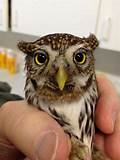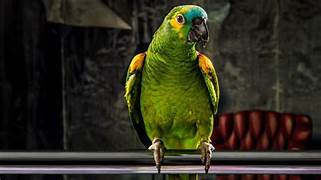How Long Do Pet Rabbits Usually Live?
Rabbits are popular pets, and for good reason. They're cute, cuddly, and relatively easy to care for. But how long do pet rabbits usually live? The answer depends on a number of factors, including the breed of rabbit, its diet, and its overall health.

Average Lifespan of Pet Rabbits
The average lifespan of a pet rabbit is between 6 and 8 years. However, some rabbits may live for as long as 10 or 12 years. The following factors can affect a rabbit's lifespan:
1. Breed: Some breeds of rabbits have shorter lifespans than others. For example, lionhead rabbits typically live for 5 to 8 years, while Rex rabbits can live for up to 10 years.
2. Diet: A healthy diet is essential for a long lifespan. Rabbits should eat a diet that is high in hay, fresh vegetables, and a small amount of pellets.
3. Exercise: Rabbits need regular exercise to stay healthy. They should have access to a large enclosure where they can run and play.
4. Veterinary Care: Regular veterinary care is important for catching and treating health problems early. Rabbits should be seen by a veterinarian at least once a year for a checkup.
Signs of Aging in Rabbits
As rabbits age, they may start to show signs of aging. These signs can include:
1. Decreased activity: Older rabbits may become less active and spend more time resting.
2. Weight loss: Older rabbits may start to lose weight as their metabolism slows down.
3. Dull fur: The fur of older rabbits may become dull and lackluster.
4. Cloudy eyes: The eyes of older rabbits may become cloudy or discolored.
5. Dental problems: Older rabbits may develop dental problems, such as overgrown teeth or periodontitis.
Caring for an Aging Rabbit
If you have an aging rabbit, there are a few things you can do to help make them comfortable and improve their quality of life:
1. Provide a soft and comfortable bed: Older rabbits may have difficulty moving around, so it's important to provide them with a soft and comfortable bed where they can rest.
2. Feed them a diet that is easy to digest: Older rabbits may have difficulty digesting complex foods, so it's important to feed them a diet that is easy to digest. This may include hay, fresh vegetables, and a small amount of pellets.
3. Take them for regular veterinary checkups: Regular veterinary checkups are important for catching and treating health problems early. This can help to improve your rabbit's quality of life and extend their lifespan.
Declaration: All article resources on this website, unless otherwise specified or labeled, are collected from online resources. If the content on this website infringes on the legitimate rights and interests of the original author, you can contact this website to delete it.





